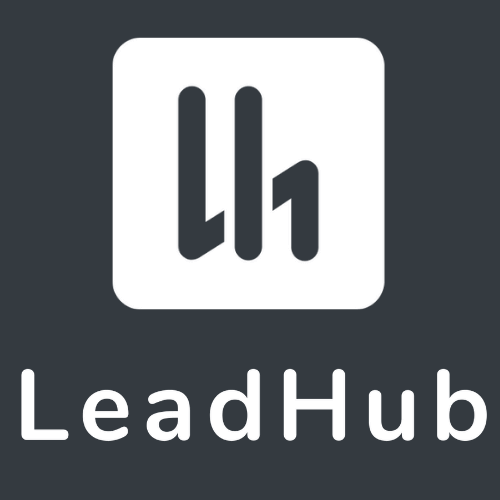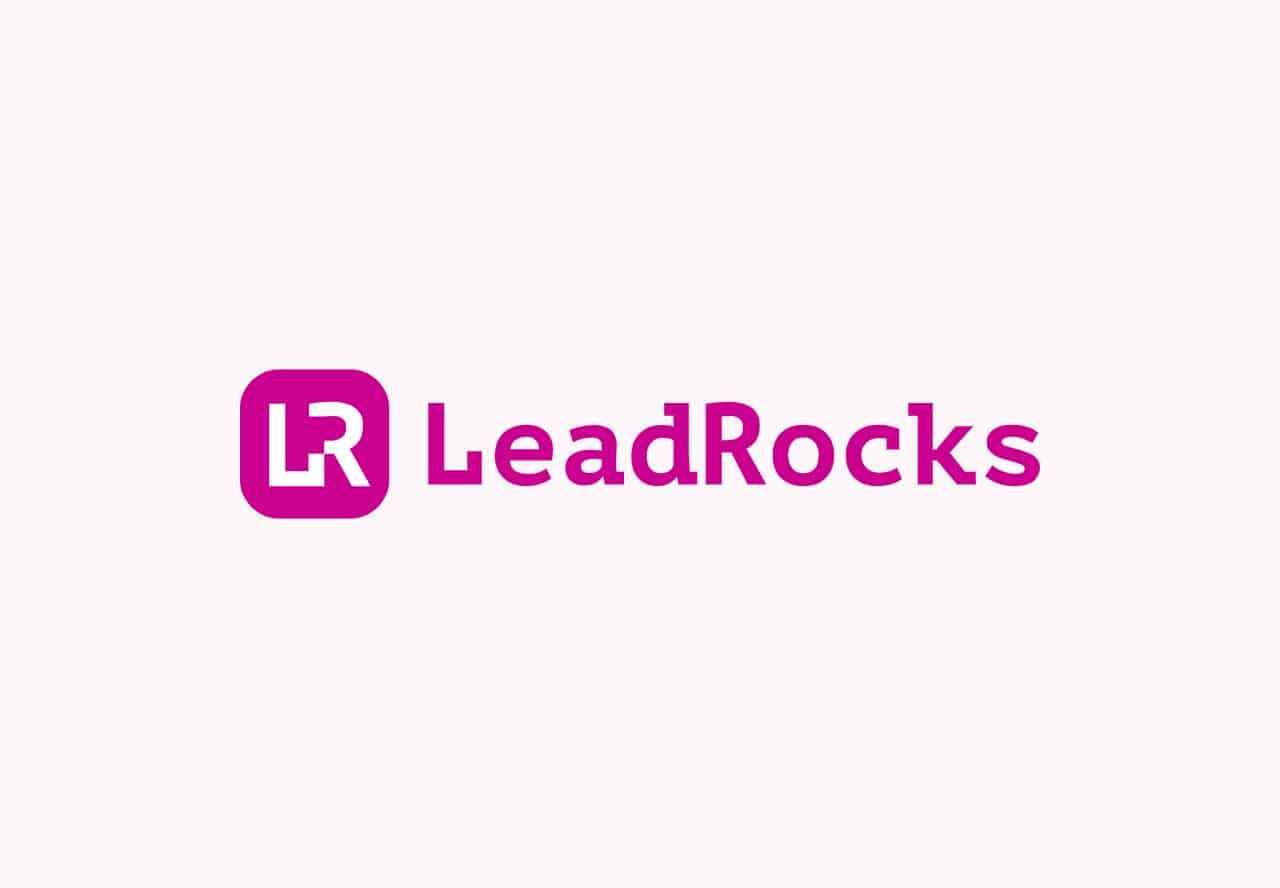Description

GYMDAY CRM

LeadHub
Comprehensive Overview: GYMDAY CRM vs LeadHub
As of my last update in October 2023, I do not have specific information about a product called "GYMDAY CRM" or "LeadHub" as they might be relatively new or niche products that were not widely covered in the sources available to me. However, I can provide a generalized response that applies to CRMs and lead management systems, assuming they follow typical industry standards. If these are proprietary systems developed by a particular company, I recommend consulting official sources or recent reviews for the most accurate and detailed information.
a) Primary Functions and Target Markets
GYMDAY CRM
-
Primary Functions:
- Client Management: Organize and manage client profiles, including contact information, gym membership plans, and activity history.
- Scheduling and Booking: Allow clients to book classes, personal training sessions, and other gym activities.
- Billing and Payment Processing: Handle subscription payments, invoicing, and renewals.
- Communication Tools: Email and SMS integrations for marketing and reminders.
- Performance Tracking: Track client progress and engagement with training programs.
-
Target Markets:
- Gyms and fitness centers
- Personal trainers and fitness coaches
- Health and wellness facilities
LeadHub
-
Primary Functions:
- Lead Management: Capture and organize leads from various sources, such as websites, emails, and social media.
- Pipeline Management: Track the status of leads through different stages of the sales funnel.
- Analytics and Reporting: Provide insights into sales performance and lead conversion rates.
- Automation: Automate follow-up emails, reminders, and other repetitive tasks to improve efficiency.
-
Target Markets:
- Small to medium-sized businesses
- Sales teams across industries
- Marketing agencies
b) Market Share and User Base
Without specific data on GYMDAY CRM and LeadHub, it's challenging to provide precise figures on market share and user base. Generally, the market for CRMs and lead management solutions is highly competitive, with major players like Salesforce, HubSpot, and Zoho dominating significant portions of the market. Niche products often capture smaller, specialized segments by addressing particular needs or industries.
c) Key Differentiating Factors
GYMDAY CRM
- Industry Specificity: Tailored specifically for the fitness industry, offering specialized features like fitness performance tracking and class scheduling, which may not be present in general CRMs.
- Integration with Fitness Hardware: Potential integration with fitness tracking devices or gym equipment, providing added value to users.
- Community Building: Features that facilitate community engagement among gym members, such as shared challenges or social media-like interactions.
LeadHub
- Lead Nurturing Focus: Strong emphasis on capturing and nurturing leads through detailed tracking and management tools geared towards improving conversion.
- Customization: Ability to tailor lead pipelines to specific business needs and workflows.
- Affordability: Potentially positioned as a cost-effective solution for smaller businesses that require robust lead management tools without the complexity or expense of larger CRM systems.
For an accurate and detailed comparison, including market share and user feedback, it would be best to look for recent industry reports, product reviews, and case studies on GYMDAY CRM and LeadHub. Additionally, visiting their official websites might provide the most up-to-date information.
Contact Info

Year founded :
Not Available
Not Available
Not Available
Not Available
Not Available

Year founded :
2011
Not Available
Not Available
United States
http://www.linkedin.com/company/lead-hub
Feature Similarity Breakdown: GYMDAY CRM, LeadHub
As of my last update, GYMDAY CRM and LeadHub are both CRM solutions that focus on different verticals—GYMDAY CRM is tailored toward gym and fitness businesses, while LeadHub targets a broader range of industries. Here's a breakdown of their features:
a) Core Features in Common:
-
Contact Management:
- Both systems offer robust contact management features, helping businesses to store and manage customer information efficiently.
-
Lead Tracking:
- They both provide tools for capturing, tracking, and nurturing leads throughout the sales cycle.
-
Communication Tools:
- Email and sometimes SMS functionalities are included to facilitate direct communication with clients and leads.
-
Analytics and Reporting:
- Users can access various reports and analytics to measure performance and gain insights into sales and marketing efforts.
-
Task and Activity Management:
- Tools for assigning tasks and managing daily activities to ensure follow-ups and essential actions are completed.
b) User Interface Comparison:
-
GYMDAY CRM:
- Typically has an interface customized for the fitness industry, featuring dashboards and workflows relevant to gym management (e.g., membership tracking, class schedules).
- The UI might include fitness-oriented icons and metrics that appeal specifically to gym managers and staff.
-
LeadHub:
- Offers a more generalized CRM interface that can be customized to fit various industries.
- Focus on flexibility and scalability, with a potentially more traditional CRM layout that is intuitive and less niche-specific than GYMDAY.
c) Unique Features:
-
GYMDAY CRM:
- Membership Management: Special tools for tracking memberships, renewals, and engagement activities specifically for gyms.
- Class and Schedule Management: Unique feature for handling class bookings, cancellations, and instructor scheduling.
- Fitness Assessment Tools: Offers features for tracking member fitness assessments and progress.
-
LeadHub:
- Marketing Automation: LeadHub often includes advanced marketing automation capabilities that are more robust than those specific to GYMDAY CRM.
- Customizable Workflow Automation: Offers more flexibility in designing custom workflows and sales pipelines.
- Integration Options: Broader integration capabilities with other business apps, potentially making it more versatile for non-fitness businesses.
In conclusion, while both GYMDAY CRM and LeadHub share core CRM functionalities, the specific features and user interfaces differ to cater to their respective audiences. GYMDAY CRM offers gym-focused features like membership and class management, whereas LeadHub provides broader tools suitable for various industries, with more emphasis on marketing automation and integration flexibility.
Features

Not Available

Not Available
Best Fit Use Cases: GYMDAY CRM, LeadHub
GYMDAY CRM and LeadHub are software solutions designed to enhance customer relationship management and lead generation processes, respectively. Here's a breakdown of their best fit use cases:
GYMDAY CRM
a) Best Fit for GYMDAY CRM:
-
Fitness and Health Industry: GYMDAY CRM is ideally suited for businesses within the fitness and health sector, such as gyms, fitness studios, personal training businesses, and wellness centers. It offers features tailored to managing memberships, class schedules, client progress tracking, and personalized engagement.
-
Small to Medium-Sized Enterprises (SMEs): Particularly those focusing on customer service and retaining a loyal member base. The CRM is effective for businesses that wish to maintain personal connections with their clientele.
-
Subscription-Based Models: Businesses that rely on recurring memberships or subscriptions, as GYMDAY CRM can efficiently manage billing cycles, renewals, and customer retention strategies.
d) Industry Verticals and Company Sizes:
- Verticals: Primarily caters to gyms, yoga studios, spa centers, and health clubs.
- Company Sizes: Best for small to medium-sized operations due to its specialized focus and affordability, which provides a robust solution without the complexity of larger CRM systems.
LeadHub
b) Preferred Scenarios for LeadHub:
-
Sales-Driven Organizations: Ideal for companies with a highly active sales force requiring tools to manage and streamline lead generation, tracking, and conversion processes.
-
Marketing Agencies: Agencies focused on digital marketing, inbound marketing, or direct response campaigns can leverage LeadHub for its strong emphasis on lead management and analytics.
-
B2B Enterprises: Companies that offer business-to-business solutions can benefit from LeadHub’s robust lead nurturing capabilities, helping convert leads into sales through a customized and data-driven approach.
d) Industry Verticals and Company Sizes:
- Verticals: Suitable for industries such as real estate, financial services, consulting firms, and technology companies.
- Company Sizes: Can accommodate both small startups looking to establish a sales pipeline and large enterprises needing to manage significant lead volumes efficiently.
Conclusion
Both GYMDAY CRM and LeadHub serve distinct purposes and cater to different business needs:
-
GYMDAY CRM focuses on deeply integrating with the client experience in the fitness and wellness sectors, providing operational efficiency and customer engagement tools suited for comprehensive membership management.
-
LeadHub is centered around optimizing and executing lead generation strategies. Its flexible deployment across different sectors with a strong sales focus makes it favorable for businesses driven by sales and marketing metrics.
Choosing between them depends on the core business needs, whether it's nurturing customer relationships in the fitness domain with GYMDAY CRM or driving sales and lead conversions across various sectors with LeadHub.
Pricing

Pricing Not Available

Pricing Not Available
Metrics History
Metrics History
Comparing undefined across companies
Conclusion & Final Verdict: GYMDAY CRM vs LeadHub
Conclusion and Final Verdict for GYMDAY CRM vs. LeadHub
When evaluating GYMDAY CRM and LeadHub, it's crucial to consider factors such as functionality, ease of use, pricing, customer support, and specific user needs. Below is a detailed analysis and final verdict based on these parameters:
a) Best Overall Value
GYMDAY CRM offers the best overall value if your business is specifically in the fitness industry. It caters to niche-specific needs such as member management, class scheduling, and integration with fitness equipment. The tailored functionalities can provide significant efficiencies and enhance member engagement, making it a cost-effective solution for gyms and fitness centers.
LeadHub, however, offers a broader scope of CRM functionalities suitable for businesses in various industries. It excels in lead generation, sales pipeline management, and analytics, making it more versatile for companies looking to grow their customer base across different sectors.
b) Pros and Cons
GYMDAY CRM
Pros:
- Industry-Specific Features: Designed specifically for gyms, offering streamlined member management and class scheduling.
- User-Friendly Interface: Easy for gym staff to use with minimal training.
- Integration with Fitness Apps: Seamless integration enhances member experience.
Cons:
- Limited to Fitness Industry: Not suitable for businesses outside the fitness realm.
- Less Flexible for Diverse Business Needs: Limited if you need additional CRM capabilities beyond fitness management.
LeadHub
Pros:
- Comprehensive CRM Features: Offers robust functionalities across lead management, sales tracking, and customer relationship building.
- Scalability: Suitable for businesses looking to scale their operations across various industries.
- Advanced Analytics: Aids in data-driven decision-making with detailed reporting.
Cons:
- Generic Fit: May lack industry-specific features that niche businesses might require.
- Complexity: Can be overwhelming for small businesses or those with less tech-savvy staff.
c) Recommendations
For users deciding between GYMDAY CRM and LeadHub, the choice should depend on the specific needs of your business:
-
Choose GYMDAY CRM if:
- Your business is focused on the fitness industry.
- You need specialized features like class scheduling and equipment integration.
- You prefer a straightforward, no-frills solution that your staff can quickly adopt.
-
Choose LeadHub if:
- You operate in various industries and require a versatile and scalable CRM solution.
- Your focus is on growing a broad customer base through advanced lead and sales management.
- Your team can leverage comprehensive features and is comfortable with a potentially steeper learning curve.
Ultimately, both GYMDAY CRM and LeadHub offer valuable CRM solutions, but the best choice hinges on industry-specific requirements, desired features, and long-term business goals. Assess the potential return on investment by aligning the CRM's capabilities with your strategic objectives.
Add to compare
Add similar companies



